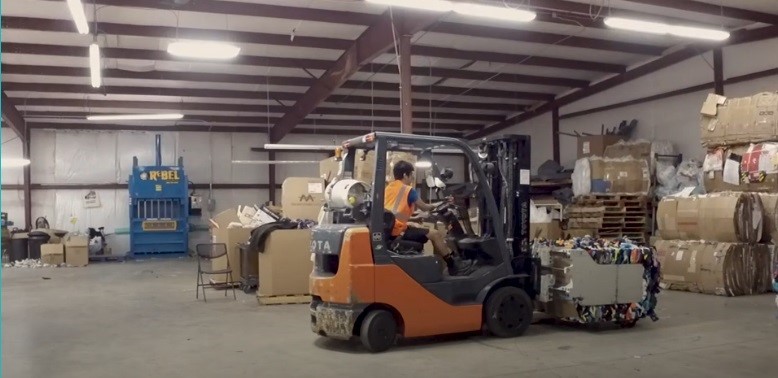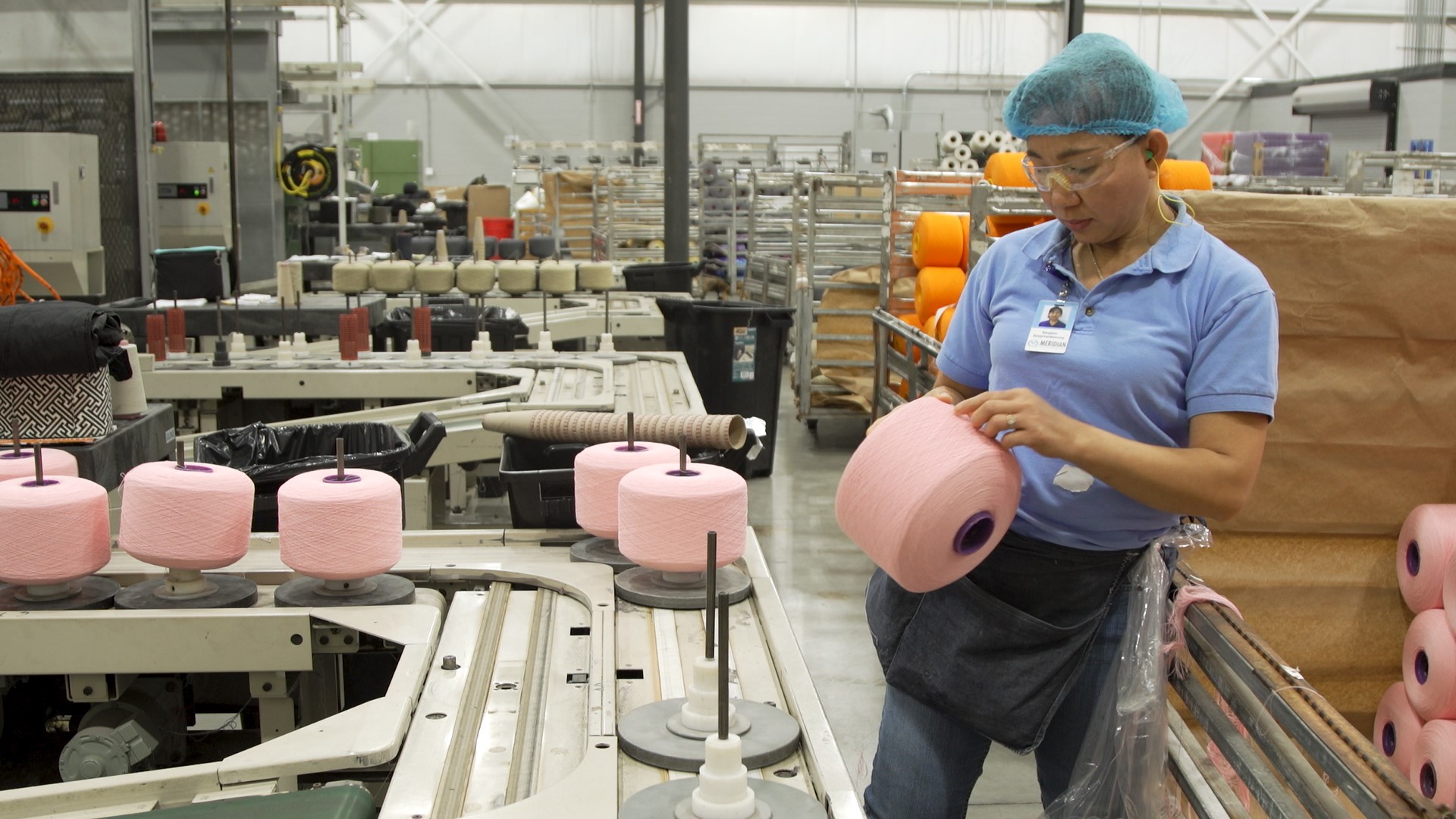Talent Recruitment & Retention: Work in Burke – Burke County
Work in Burke, rather than working with a single company or industry, uses its collaborative partnerships to highlight the variety of jobs available in Burke County and how students can gain the skills they need to be successful. This program has been replicated in other places as a scalable solution in workforce development to connect education and employers.

The Challenge
Occupational mismatches contribute to both high unemployment and job vacancy rates across the nation, despite the fact that job openings grew significantly after the 2008 recession. For example, North Carolina had a higher job vacancy rate and unemployment rate in 2015 than in 2006. Unemployment remained high despite the growth in job openings, which points to an inefficiency in the matching process of the labor market. This circumstance may be due to an occupational mismatch in which local workers lack skills for the jobs with vacancies, or a geographic mismatch in which local workers are not close enough to the jobs with vacancies. Additionally, there may be other factors at work, such as low wages, stigma or misconceptions about the jobs, lack of communication between employers and potential hires, and ineffective job search methods. 
Source: 2018 Employer Survey, NC Department of Commerce
In the 2018 Employer Needs Survey, conducted by the NC Department of Commerce, employers cited a lack of employability, work experience, education, and technical and soft skills as some of their leading causes of hiring difficulties (chart below). These vary by industry, but 5 out of 10 employers in NC reported difficulty in hiring, up from 4 in 10 in 2016. Employability deficits (lack of professionalism, motivation, and work ethic, for example) and a lack of applicants are the most selected difficulties, which may be addressed by educational preparation and workforce development programs. However, companies often use on-the-job training programs rather than investing in potential hires through educational and training partnerships.
The Solution
Burke County Public Schools, Western Piedmont Community College, and Burke Development Incorporated partnered to create the Work in Burke initiative to address the occupation mismatch in their community. Work in Burke is an education program for Burke County students and parents that provides information on everything from college financing to job opportunities. The initiative aims to provide parents and students with resources to access the right postsecondary education for them and find careers close to home, including addressing stigma about manufacturing careers and alternatives to four-year college programs. The program also partners directly with local companies and encourages them to take an active role and participate in developing their local workforce. The initiative contributes to building further pride in the community and in skilled blue-collar work by elevating those careers.
The program specifically works to directly connect employers with students in high school and community college, who may have negative perceptions of the manufacturing industry and its ability to provide reliable, fulfilling jobs. This includes educating students and their parents about the dramatic changes in manufacturing in recent decades, especially the increased safety and variability of the jobs supported by robotics and automation. The college’s offerings include classes in advanced manufacturing techniques and maintenance, including mechatronics. Employers connect with program graduates to provide them with full-time jobs in the area, reducing unemployment and job vacancies while also enabling residents to continue to live in Burke County and contribute to the local economy. Work in Burke also collaborates with the healthcare industry, the second-largest employer in the county after manufacturing, to determine what positions are most needed at area health facilities and provide training and degree options to fill those positions.
The Players
Work in Burke is a project of Burke Development Incorporated (BDI), an economic development organization in Burke County, offered in partnership with Burke County Public Schools, Western Piedmont Community College, and community and industry leaders. Many local manufacturing companies – who make up about 30% of Burke County’s economy – participate in the program. Internships, site visits, and classes offered by the college and school system match STEM (science, technology, engineering, and mathematics) curriculums and skill-building with available jobs in the community. Work in Burke also connects students to healthcare and other industries through informational presentations, videos from current employees and program participants, and an interactive website that helps students match their interests and skills with related jobs. Overall, the model represents a strong collaboration between educational institutions and local employers, focusing on workforce development in locally relevant industries: manufacturing, healthcare, and trades.
The Promise
Work in Burke addresses the stereotypes and stigmas around the manufacturing industry, as well as connects students with local industry partners. Meridian Specialty Yarn Group Human Resources Director Debbie Sigmon says the program is the “missing link” in the county, helping them reduce turnover and invest in the next generation of managers at their plant. Not only do students realize that these jobs exist, she says, but that they can have good careers and livelihoods in their hometown, rather than feeling pressure to move to a more metropolitan area for work. It can also allay community fears that industries will suddenly relocate, like many textile and furniture factories did in the past few decades and leave residents out of work. Instead, these companies seek a talent pool with specific skillsets that may be more difficult to find elsewhere and creating this talent pool makes the employer more likely to stay in Burke County in the long term.
Work in Burke, rather than working with a single company or industry, uses its collaborative partnerships to highlight the variety of jobs available in Burke County and how students can gain the skills they need to be successful. This program has been replicated in other places as a scalable solution in workforce development to connect education and employers. Mitchell County, for example, uses a similar model called Mitchell Works in order to reduce job mismatch in their community. The model can be tailored to different communities and economic sectors while replicating the same type of partnership. Addressing the employment mismatch is a complex problem, but localized, scalable solutions like Work in Burke represent an opportunity to address it while simultaneously strengthening the local economy and community.


